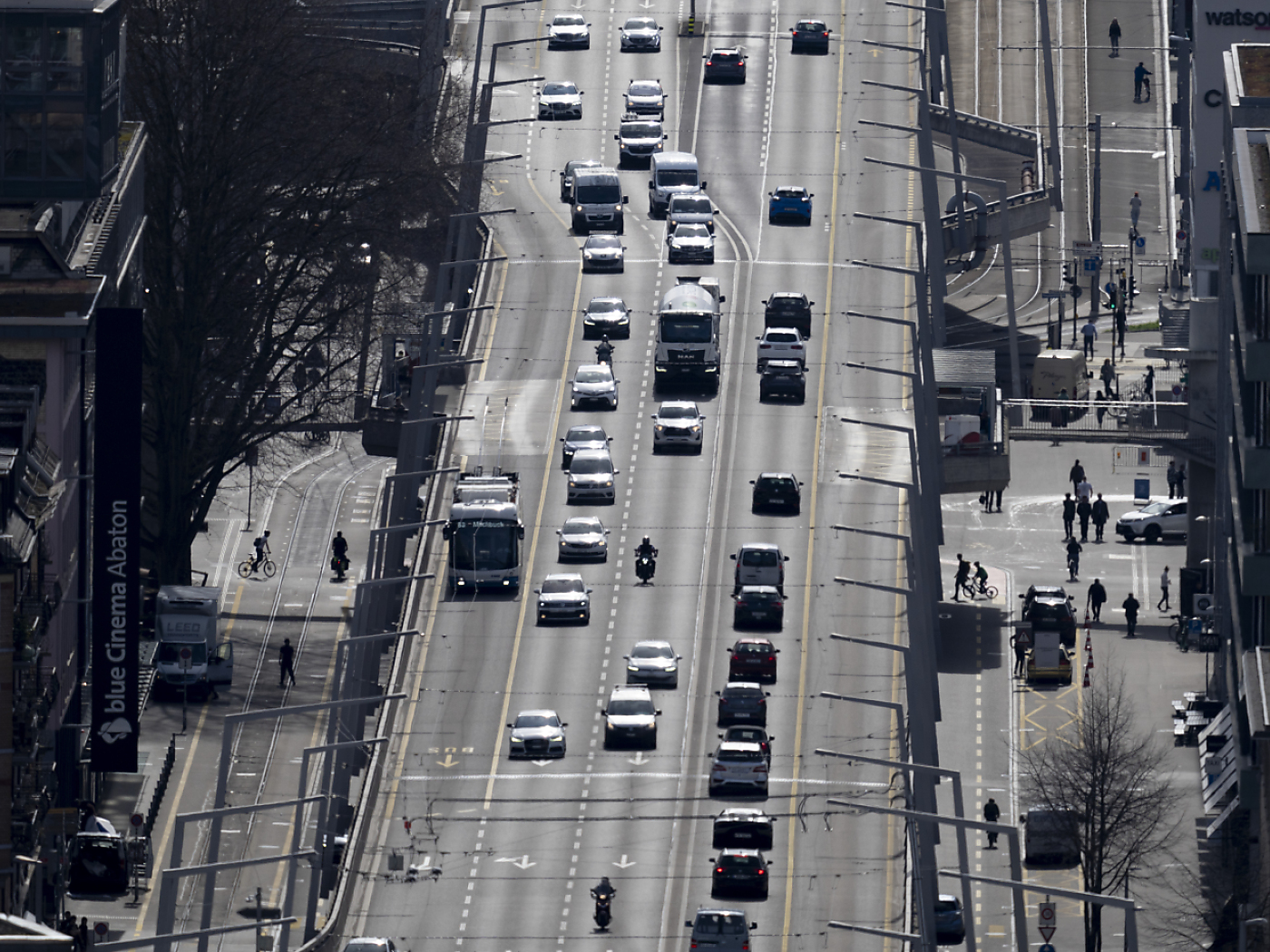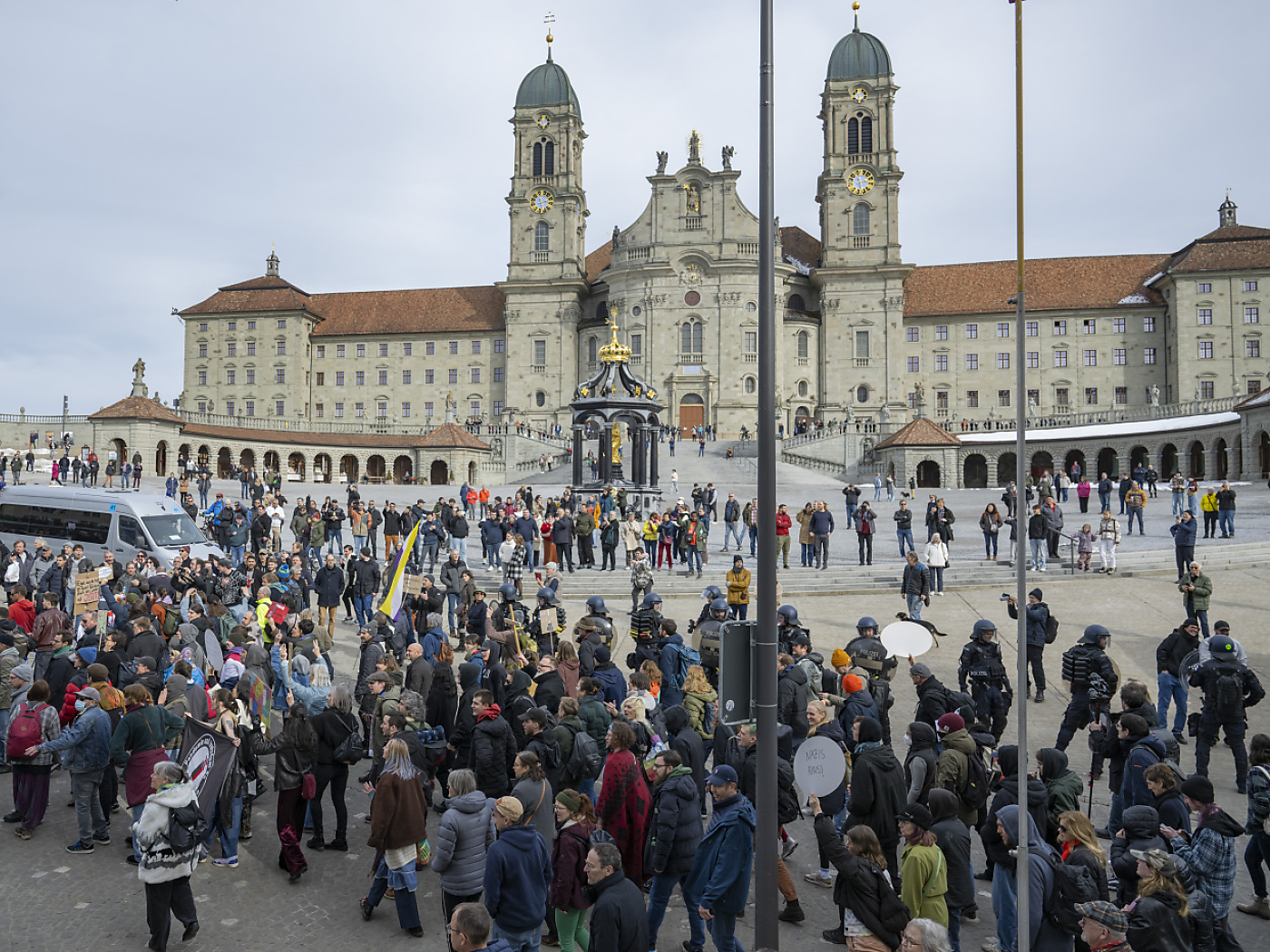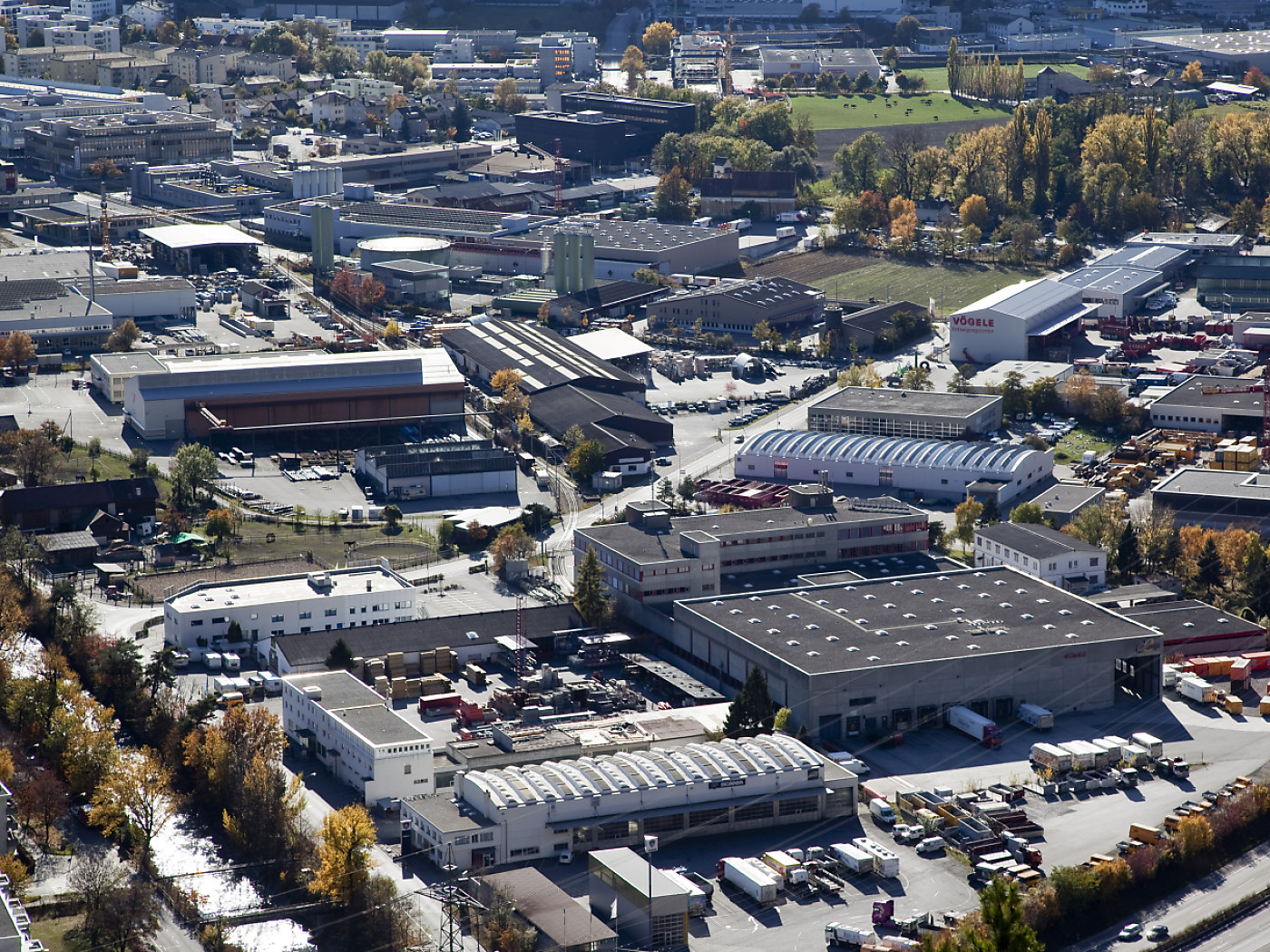Swiss government wants to sanction excessive road traffic noise

Following a pilot test in Geneva, the Swiss government is considering penalties for excess traffic noise.
In an initial pilot test in Geneva, a system for recording the noise of vehicles in traffic was tested. The Hydre noise radar that was tested has a very high level of technical performance, the Federal Office for the Environment (FOEN) told the Keystone-SDA news agency. The noise radar works like a speed trap for speed monitoring. The device measures the volume of the vehicles and triggers a photo if a certain predetermined value is exceeded.
The pilot project took place last summer in Geneva in an urban environment with maximum speeds of between 30 and 60 kilometers per hour. Tests were carried out on four stretches of road. Every day, about 100 to 200 vehicles were flagged by the radar trap, as reported by the CH-Media newspapers. The noise limit was set at 80 decibels.
About 70% of the offending vehicles were motorcycles with every tenth motorcyclist flagged. Cars accounted for 17% while trucks and buses were responsible for 13% of excess noise.
Noise limits yet to be defined
There is currently no compliance limit value for unnecessary noise made by vehicles in traffic. According to the FOEN, complaints about excessively loud vehicles have certainly increased in recent years. In addition, the maximum noise levels measured are becoming ever higher. In the test carried out in Geneva, the maximum value was 117 decibels for a car and 110 decibels for a motorcycle.
The threshold for pain and direct hearing damage is 120 decibels. The danger threshold is already at 90 decibels. The study recommends a threshold of 82 decibels, which would make around one in 200 vehicles in urban areas too loud, the newspapers wrote.
No legal basis
The use of noise radar traps could make police forces more efficient and save on personnel costs. The FOEN wrote that checking vehicles that are too loud requires a large task force with which relatively few vehicles are checked. As with a speed radar, there would also be subsequent checks of the recorded data so that no accidental fines are handed out.
There is currently no legal basis for this in Switzerland. Once the pilot tests have been completed, the federal government will decide how to proceed, the FOEN added.
Adapted from German by DeepL/ac
This news story has been written and carefully fact-checked by an external editorial team. At SWI swissinfo.ch we select the most relevant news for an international audience and use automatic translation tools such as DeepL to translate it into English. Providing you with automatically translated news gives us the time to write more in-depth articles.
If you want to know more about how we work, have a look here, if you want to learn more about how we use technology, click here, and if you have feedback on this news story please write to english@swissinfo.ch.

In compliance with the JTI standards
More: SWI swissinfo.ch certified by the Journalism Trust Initiative


















You can find an overview of ongoing debates with our journalists here . Please join us!
If you want to start a conversation about a topic raised in this article or want to report factual errors, email us at english@swissinfo.ch.